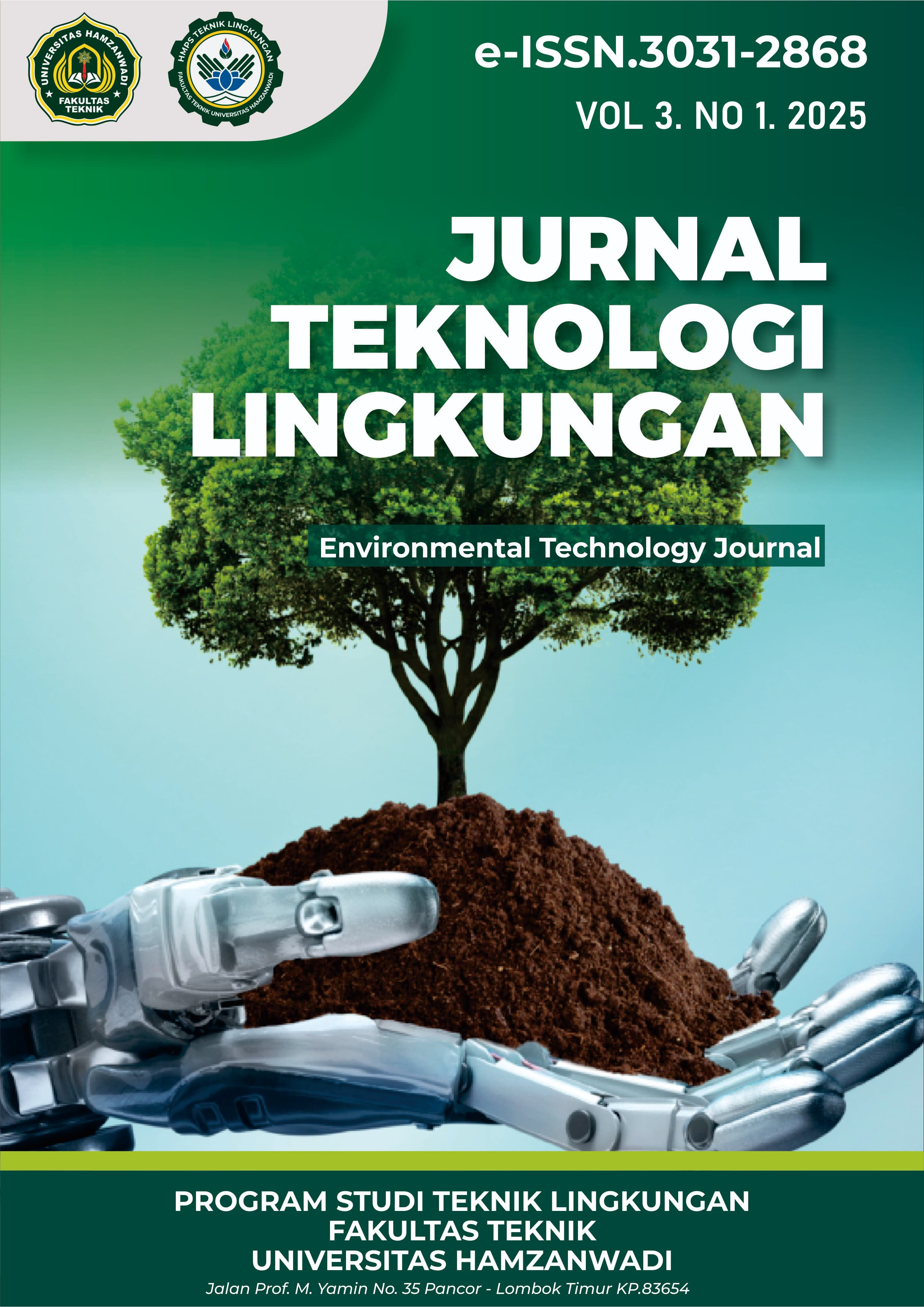Evaluation of The Sustainability of Community-Based Water Supply System (SPAM) in Aik Dewa Village, Pringgasela District, East Lombok Regency
EVALUASI KEBERLANJUTAN SISTEM PENYEDIAAN AIR MINUM (SPAM) BERBASIS MASYARAKAT DESA AIK DEWA KECAMATAN PRINGGASELA KABUPATEN LOMBOK TIMUR
DOI:
https://doi.org/10.29408/jtl.v3i1.27954Keywords:
Community-Based; Evaluation; Sustainability, SPAMAbstract
In the National Medium-Term Development Plan, the government has aimed to achieve 100% access to safe drinking water, 15% to drinking water with acceptable quality, and 30% to piped water supply. However, the level of service for SPAM in East Lombok Regency has currently reached only 75%. The village government of Aik Dewa in the Pringgasela District of East Lombok Regency addressed the water supply needs of its residents by implementing a PAMDes development program. As of now, less than 50% of the Aik Dewa community is benefiting from this clean water supply service. Future development plans will involve maximizing service coverage by expanding the PAMDes to reach all areas of the Aik Dewa village. The objective of this research is to evaluate the sustainability of the community-based water supply system, focusing on five aspects of water supply sustainability in the Aik Dewa Village, Pringgasela District, East Lombok Regency. This study employs a qualitative approach with descriptive analysis, drawing data from both primary and secondary sources. Primary data is collected through observations and interviews with the managers and users of the PAMDes. The results of the sustainability evaluation of community-based SPAM management in terms of technical, social, financial, institutional, and environmental aspects indicate that technical and financial aspects are less sustainable. Technical issues, such as water stagnation, and financial challenges, including delayed payment of contributions by users, contribute to the lack of sustainability. However, social, institutional, and environmental aspects showing a potential for sustainability.
Downloads
Published
Issue
Section
License
Copyright (c) 2025 Jurnal Teknologi Lingkungan

This work is licensed under a Creative Commons Attribution-ShareAlike 4.0 International License.




